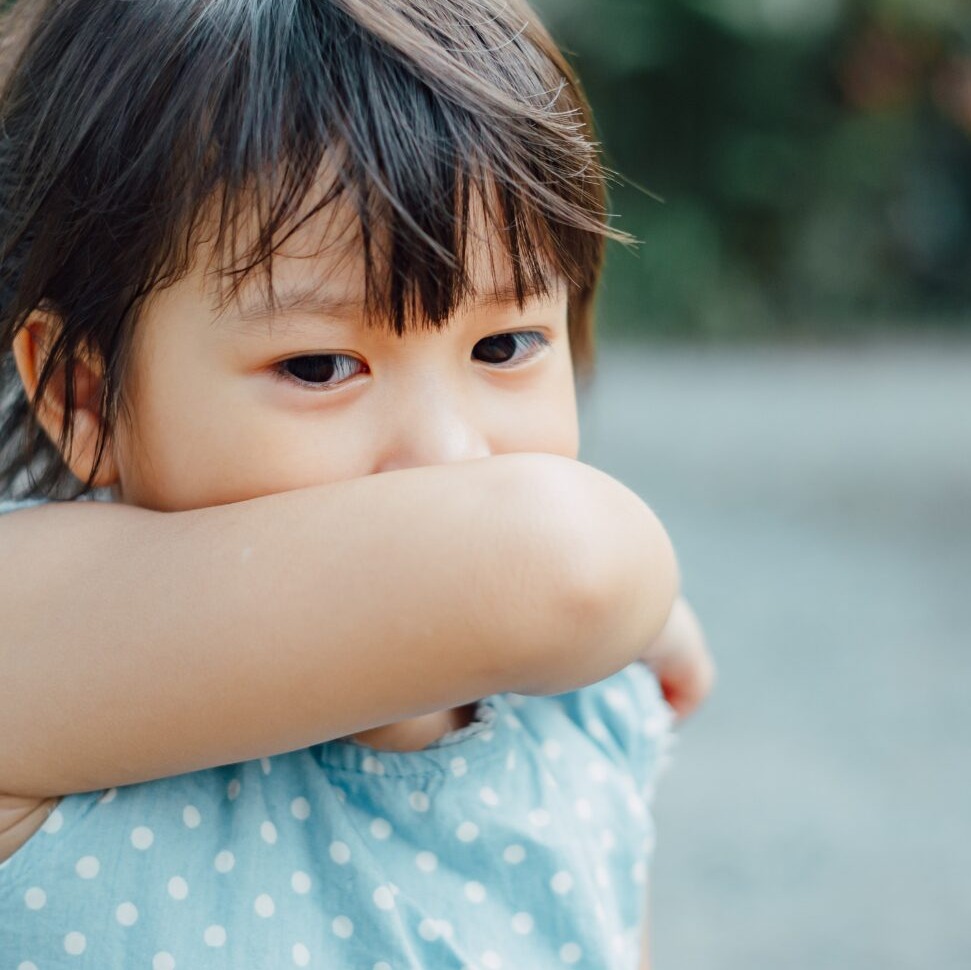A-Z of Public Health Topics
Whooping cough (Pertussis)


Whooping cough (Pertussis) is a very contagious respiratory infection spread by coughing and sneezing.
Who is at risk?
People of all ages can get whooping cough; however, it can be especially serious for babies under six months who have not yet had three doses of the whooping cough vaccine.
Older children and adults who haven’t had a recent whooping cough vaccination are also at risk of infection. They may have milder symptoms and unknowingly spread the infection to babies.
Symptoms of whooping cough
Whooping cough usually starts with cold and flu symptoms, followed by a bad cough which can last for many weeks.
Symptoms include:
- a blocked or runny nose, fevers and body aches
- a cough that doesn’t go away, even when other symptoms improve
- severe bouts of coughing that can lead to vomiting.
Babies under six months of age often have different symptoms to older children and adults, including:
- a ‘whooping’ noise when breathing or coughing
- apnoea – where the baby stops breathing for short periods of time and may go blue.
People with whooping cough are infectious to others from the start of symptoms until 21 days after the onset of cough, or until they have completed five days of antibiotic treatment.
If you develop symptoms of whooping cough, you should:
Seek prompt medical care from your doctor. Call an ambulance (000) immediately if you or your child have difficulty breathing or if their lips start turning blue.
The diagnosis of whooping cough is confirmed by tests such as a nose and throat swab or blood tests.

If diagnosed with whooping cough
- Avoid close contact with others, especially babies and pregnant women, while you are contagious.
- Infants and children diagnosed with whooping cough must not attend childcare services or primary school for 21 days after the onset of cough, or until they have received 5 days of appropriate antibiotic treatment.
How to protect yourself and your children from whooping cough
Vaccination is the best way to prevent whooping cough in our community as it lowers the risk of infection and severe illness. Vaccine protection decreases over time, so it’s important to stay up to date with vaccinations and getting booster doses is recommended.
Children receive a course of five vaccines against whooping cough as part of the National Immunisation Program. For adults, booster doses are recommended during each pregnancy and every 10 years if caring for or working with young children.
A free booster dose of the whooping cough vaccine is covered under the National Immunisation Program for students aged 12-13.
Check your household’s whooping cough vaccines
To ensure everyone in your household is up to date with their whooping cough vaccination, you can check your immunisation records on the Australian Immunisation Register (AIR), through the Medicare app or website, or contact your doctor to discuss.
